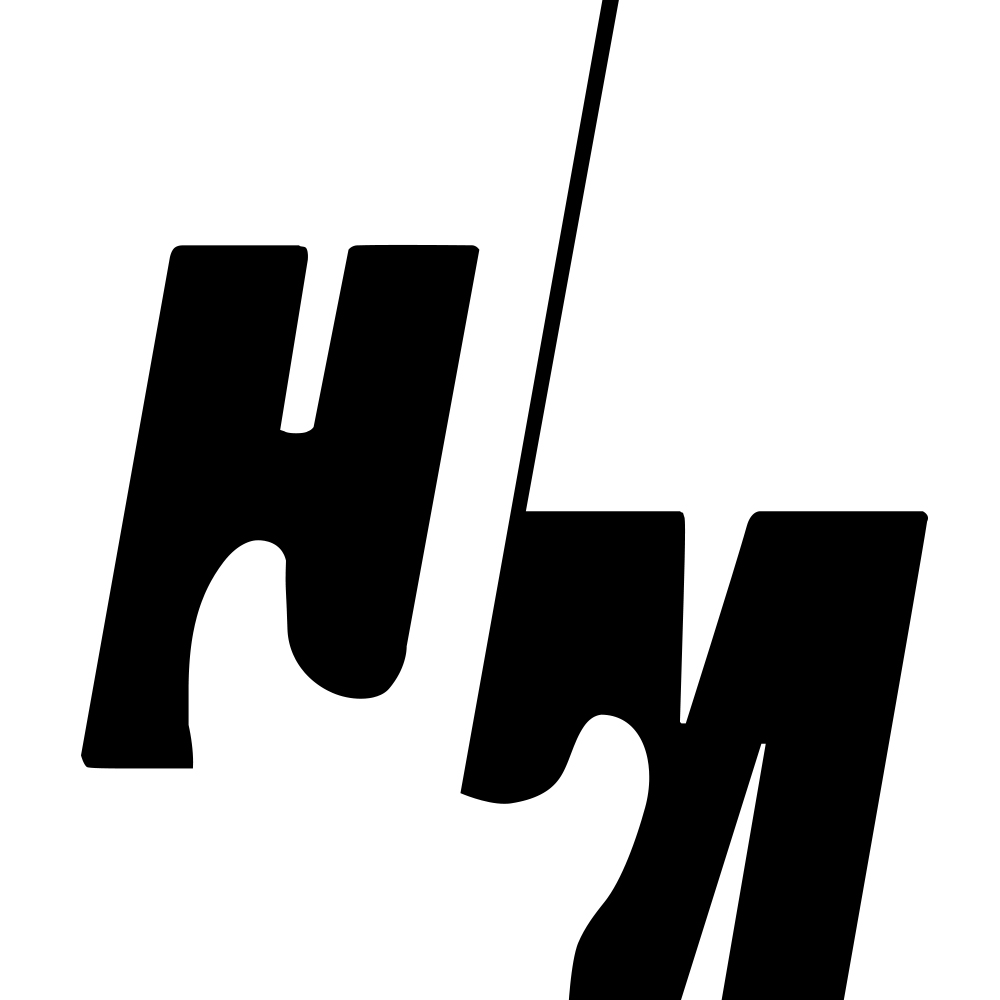Top 5 Books for All
So I’ve now written top 5’s for acoustic, electric, classical and bass guitar. Whilst writing these blogs I realized there are some books in my collection that I value and use regularly that apply to all of the above. These were among the most difficult to narrow down to just 5 but I hope they come in helpful to many of you.
1. Oxford Music Dictionary – There will eventually come a time where you see a term written at the top of a score that you don’t know, this still happens to me all the time and this book is on the end of the shelf for that occasion. In addition there is no harm in finding a few new terms to commit to memory as nighttime reading. I Told you I was a geek.
2. Modern Reading Text in 4/4 by Louis Belson – This book is infuriating. It was recommended to me years ago to improve my sense of rhythm and it definitely works. I think to be a great guitarist you have to enjoy the learning process not just playing and this book is addictive because of the results it can have in your rhythm playing. Good rhythm playing will also improve your lead work.
3. Music Reading for Guitar by David Oakes/ Simplified Sight Reading for Bass by Josquin des Pres – I’ve heard some well-known teachers who have said students don’t need to read music to play guitar. That’s true. It’s also true that learning to read even to a basic level makes life easier and is hugely rewarding. I’ve included here the equivalent book for bass players. Both titles are very well structured and deal with different aspects of reading. If I were to give any advice it would be that reading requires patience and practice little and often.
4. The Real Book by Hal Leonard - Traditionally these were photocopied books of jazz standards shared by working musicians to chart read their way through jazz gigs. Now Hal Leonard have printed reliable versions that are Great reading exercises and even better chart reading material. There will be something for all levels here from simple blues to complex jazz charts and once you can play every chord present the fun begins finding your favorite voicings in multiple positions!
5. LCM Popular Music Theory by Camilla Sheldon and Tony Skinner – It was difficult to pick one from my collection of music theory books (in fact I suppose I picked 7 as this is a series) but I think the LCM popular theory books are perhaps most accessible and relevant to all styles and players. My real point here is that a basic working knowledge of music theory will make playing and processing new music easier and make you an all round better musician. I encourage students to think of themselves as musicians generally as well as guitar players and some of us are guilty of annexing ourselves from the wider musical community by our refusal or inability to communicate. This may help. As a complete aside from that I’ve always found music theory fascinating especially the bits I use on a daily basis.

